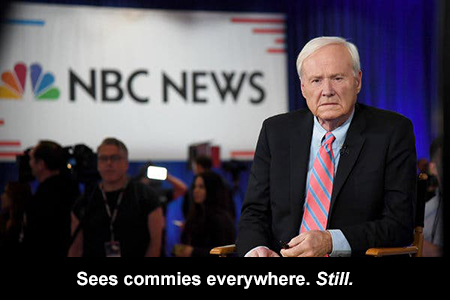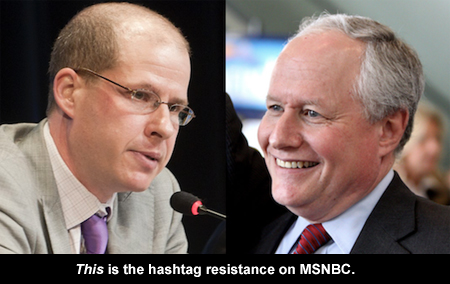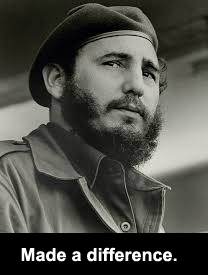Remember when, during the 2020 presidential campaign, Biden said that he would return us to the Iran deal (or JCPOA)? Yeah, that was awesome. Except that they haven’t done that, which is not so awesome. In fact, it’s infuriating. But it’s also exactly what we should have expected out of him, frankly – namely, that instead of reversing Trump’s most heinous foreign policy initiatives, Biden would adopt and even extend them into his own term.
Some readers may remember my posts from during the Biden/Trump race regarding Biden’s lack of focus on foreign policy issues. I wrote at the time about how his campaign site issues section didn’t have a single item on global affairs, other than some dreck about immigration from the southern cone nations. My contention at the time was that he had little good to say about it, and that he assumed his voters didn’t care about those issues. Perhaps he was right, but I have to think a section of Democratic party voters are a bit taken aback by some of his policies.
The toxic alliance
The JCPOA is the most glaring example of this. Biden could have reinstated this agreement with the stroke of a pen in the first days of his presidency. Instead, he chose to consult with then Israeli PM Netanyahu and Saudi Arabia – both openly hostile to Iran – before proceeding. Our State Department is balking on sanctions relief, and there’s little sign of progress over the past year. This agreement, very favorable to the U.S., is essentially dead in the water. Why?
Trita Parsi of the Quincy Institute, who appeared on Majority Report last week, talked about Biden’s apparent support for strengthening the alliance of nations that are signatories to the Abraham Accords, a Trump initiative to defuse support for the Palestinians and isolate Iran. Parsi suggests that the JCPOA is a casualty of the administration’s desire to build a common front against the Iranians, pulling Israel together with some of the more pugnacious gulf states – an alliance built on common enmity. What a good idea.
Continuity: not our friend
Okay, so … why is our government – the government of normie Joe Biden, not crazy-ass Donald Trump – encouraging conflict in the Middle East instead of working toward peaceful outcomes of the sort the JCPOA was designed to produce? Well, this is nothing new in American foreign policy. Yes, they are extending one of Trump’s worst decisions. But they are also doing the same sort of thing the U.S. always does in various parts of the world.
Other examples aren’t hard to find. The first that comes to mind is another Trump reversal of a late Obama administration policy, the opening to Cuba. Trump shut that down entirely, and Biden has failed to even act as though he’s willing to reinstate it. The domestic political motivations are obvious, but again – why perpetuate conflict when normalization would bring greater stability and, of course, more benefits to Cubans living in the U.S.?
The other obvious example is Korea. Here is one instance when Trump’s instincts were, at a certain point, better than Biden’s. Why have we failed to settle the Korean conflict when the solution is almost entirely in our hands? Same reason with all of the other endless conflicts: we want to remain a force to be reckoned with in all of these regions. We want to keep potential economic rivals – like an integrated Asia – from emerging. Same old, same old.
The way forward
There are a handful of members of Congress who understand these issues. We need more like them. I know elections are not the only thing, but they’re worth the modicum of effort we all need to put into them. Look at the candidates vying for your district’s House seat, find the most progressive, and vote. We need allies in government before we’ll see some movement on backing off of the bipartisan neoimperialist agenda.
luv u,
jp




 This cannot be overstated: South Africa and some of its immediate neighbors (Namibia, Angola) would not be the nations they are today without Cuba’s intervention on their behalf in the fight against the racist Apartheid military and its allies. Whatever criticisms anyone may have about Castro’s rule and his repression of internal dissent, we have to acknowledge that the Cubans have engaged in humanitarian intervention to a degree that far surpasses anything we have done. They did so at great cost: Washington really turned the screws on Havana, making them pay dearly for their activist stance in support of independence movements overseas.
This cannot be overstated: South Africa and some of its immediate neighbors (Namibia, Angola) would not be the nations they are today without Cuba’s intervention on their behalf in the fight against the racist Apartheid military and its allies. Whatever criticisms anyone may have about Castro’s rule and his repression of internal dissent, we have to acknowledge that the Cubans have engaged in humanitarian intervention to a degree that far surpasses anything we have done. They did so at great cost: Washington really turned the screws on Havana, making them pay dearly for their activist stance in support of independence movements overseas.